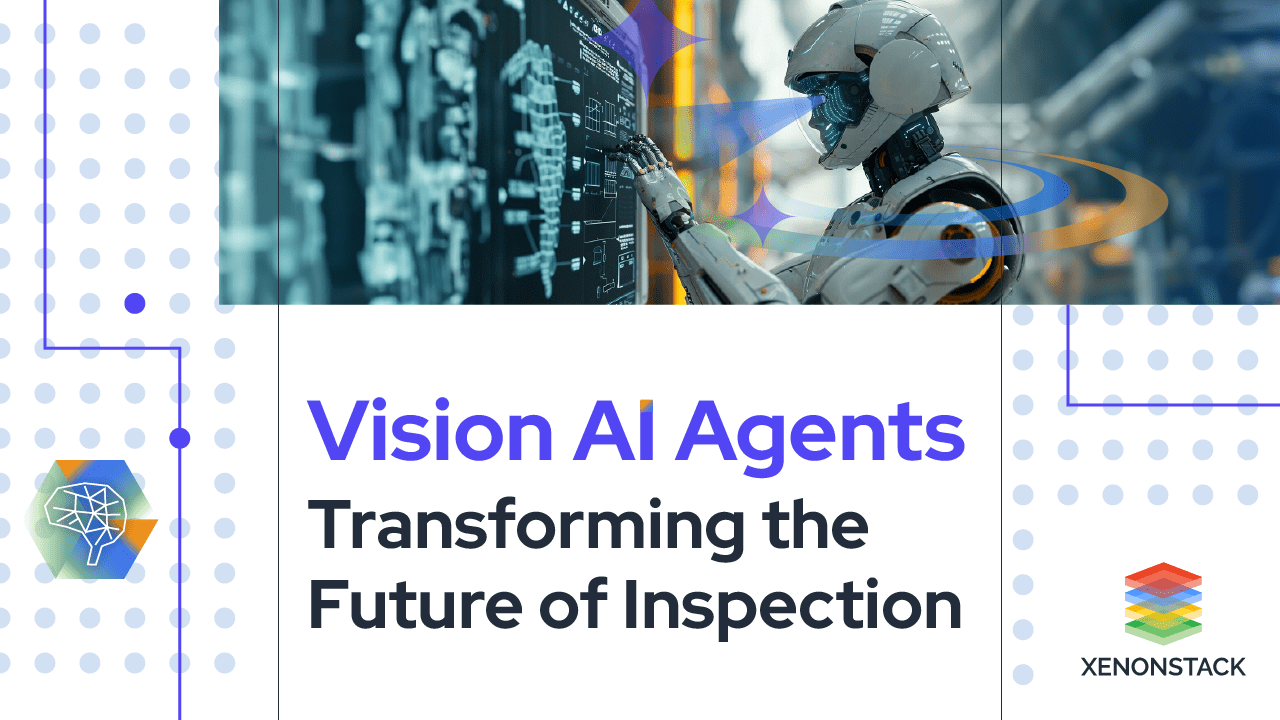
Understanding Predictive Maintenance Applications
Predictive maintenance nowadays is gaining popularity among enterprises that predicts failure of the system, and the actions could include corrective actions, the replacement of the system, or even planned failure. This helps enterprises to cost savings, greater predictability, and improved availability of the systems. Predictive maintenance sidesteps both the limits and maximizes the use of its sources. Predictive maintenance also detects irregularities and failure patterns and provides real-time alerts. These signals can facilitate the efficient maintenance of those components. AI-enabled Predictive Maintenance is uncommon in that instead of just predicting impending failure, it also attempts to provide outcome-focused instructions for operations and maintenance from analytics.
Which Industries Reap The Biggest Benefits From Predictive Maintenance?
Predictive maintenance covers diverse industries, such as -
- Manufacturing industry
- Information and technology
- Aerospace
- Heavy-Machinery sector
- Predicting the future performance of a subsystem or a component to make RUL (Remaining Useful Life) estimation.
In this use case, we will guide you through how to build a machine-learning platform for predictive maintenance.
How is machine learning used in predictive maintenance?
Predictive Maintenance Machine Learning allows you to execute automated data processing on an example dataset or your own dataset. The embedded machine-learning model detects potential equipment faults and recommends the next steps.
As the media continues to focus on Industry 4.0, many businesses are grappling with the practicalities of AI deployment. Moreover, the advantages of predictive maintenance are quite strategic, such as assisting in determining the health of equipment and anticipating when maintenance should be conducted. Needless to say, using ML-based solutions can result in significant cost savings, increased predictability, and increased system availability.
Business Challenges for Enabling Predictive Maintenance
- Monitoring of Assets in Real-Time via sensor data patterns to predict the breakdown of Assets.
- Production systems deteriorate with time and need maintenance.
- The regular way to keep the system good is to apply preventive maintenance practices in the case of clearly detected malfunctions or equipment breakdowns. All this affects the quality, cost, and in general, productivity.
Predictive Maintenance Analytics Pipeline
Collecting targeted data
The targeted data reside in remote locations and get into the analysis pipeline, including sensors, meters, supervisory control, etc. Collect data from all of the remote data sources to learn and continually make better, more informed business decisions.
Determining Analytics Pipeline
Establish an Advanced Analytics Pipeline based on the specific operation. Cloud analytics should be balanced to reduce the burden of streaming perishable PdM data on Cloud Deployment. Follow a distributed approach to detect and respond to local events at the Cloud dataflow consumer step and take immediate action on Streaming data while simultaneously integrating additional data sources in the Cloud.
Technology Stack -
- Python
- Flask
- Cloud IoT Core
- Cloud Pub/Sub
Predictive Maintenance Advantages and Applications
Maintenance can be achieved by analyzing and rectifying issues and predicting the occurrence of events to prevent failures and problems. Predictive Maintenance is one of the emerging fields serving Industries and Markets such as Healthcare, Manufacturing, Intelligent Applications, and IoT devices. Predictive Maintenance has minimized time, cost, and failures.
Predictive Analysis involves the selection of the correct dataset, the Right Decision Making, Artificial Intelligence, and Business Intelligence.
Predictive Maintenance has raised the level of Enterprises regarding -
- Monitoring
- Fault Tolerance
- Security
- Real-Time Analysis
- Automation
- Accuracy
- Detection of Anomalies
Predictive Maintenance Applications Involve -
- Recommendation Systems
- Music applications
- E-Commerce Sites
- Google Search
- IoT Devices
.webp?width=1921&height=622&name=usecase-banner%20(1).webp)


